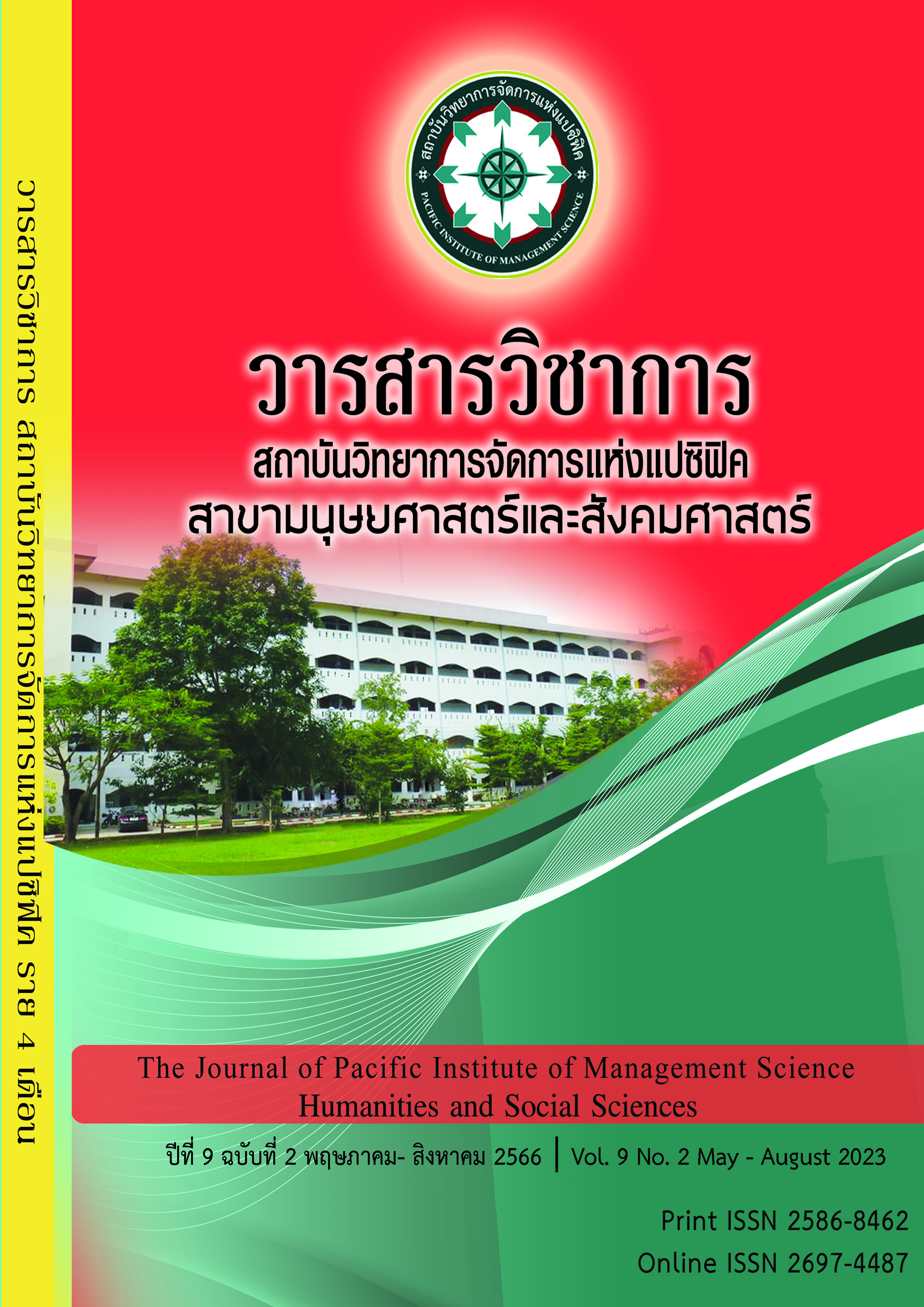Influence of the Authority of English Native Speakers on the Composition of Expatriate Employees at Universities in Shanxi Province, China
Abstract
The purpose of this study is to explore the influence of authority of native English speakers (ANES) on the Composition of expatriate employees (CEE) in universities in Shanxi Province, China. ANES consists of three dimensions: qualification, national cultural power of their country and their competence. CEE can be reflected in the diversification of expatriate employees’ sources and the construction of the overall number and the dynamic mechanism of person-post matching. A questionnaire survey was conducted among 419 English teachers from several universities in Shanxi Province. Structural equation model is applied to verify the influence of ANES on CEE. Multiple linear regressions were used to verify the moderating effect of university Management support (MS) on Cultural power and Competency. It is found that ANES has a significant positive influence on CEE. Management support moderates the two independent varieties: Cultural power and Competency. Finally, the model and support path of strengthening management support and perfecting the Composition of expatriate employees in universities are put forward.
References
Boyatzis, A. R. (2008). Competencies in the 21st century. Journal of Management Development, 27(1), 5-12.
Chen, J & Zhang, Y. X. (2017). The faltering of the authority of native English teachers in the era of world Englishes. Survey of Education, 6(3), 132-134.
Chen, L. F. (2011). A study on the cross cultural management of expatriate employees in universities. Journal of Henan Institute of Science and Technology, (12), 48-50.
Dai, Y. Q. (2009). Set up individual-post dynamic matching model to realize optimized allocation of collegial non-teaching post. Journal Kashgar Teachers College, 30(6), 94-96.
Fu, H. M., Li, W. F. & Fan, M. M. (2014). A Survey of the employment and management of foreign teachers in universities in Shanxi and relevant considerations. Social Sciences Journal of Universities In Shanxi, 26(4), 83-86.
Hair, J. F., Anderson R. E. Tatham R. L. & Black W.C. (1995). Multivariate data analysis with readings. Upper Saddle River, NJ: Prentice Hall:
Jiang, Y. (2018). Status quo of foreign experts’ management and countermeasures in higher education. Education Teaching Forum, 10(32), 22-23.
Kachru, B. B. (1985). Standards, codification and sociolinguistic realism: English language in the outer circle. In R. Quirk and H. Widowson (Eds.), English in the world: Teaching and learning the language and literatures (p.11-36). Cambridge: Cambridge University Press.
Luo, W. L. (2003). Personal-post dynamic matching model of human resource allocation. Straits Science, 10(5), 24-26.
McArthur, T. (2001). World english and world englishes: trends tensions varieties and standards. Language Teaching, 34(1), 1-20. DOI: https://doi.org/10.1017/S0261444800016062
McClelland, D. C. (1973). Testing for competency rather than intelligence. American Pschologist, 28(1), 1-14.
Nye Jr., J. S. (1999). The challenge of soft power. Time International (Canada Edition), 153(7).
SPBS. (2022). Shanxi statistical yearbook, 2021. Retrieved July 6, 2022 from the official website of Shanxi Provincial Bureau of Statistics . http://tjj.shanxi.gov.cn/tjsj/tjnj/nj2021/zk/indexch.htm
Wang, Y. (2020). Language Ideologies in the Chinese context: orientations to English as a Lingua Franca. Boston/Berlin: De Grurter Mouton.
Yang, Q. (2017). Study on effectiveness evaluation and promotion of overseas high-level talents introduction (Doctoral Dissertation). Tianjin, China: Tianjin University.
Downloads
Published
Issue
Section
License
Copyright (c) 2023 Pacific Institute of Management Science

This work is licensed under a Creative Commons Attribution-NonCommercial-NoDerivatives 4.0 International License.
บทความที่ได้รับการตีพิมพ์เป็นลิขสิทธิ์ของ สถาบันวิทยาการจัดการแห่งแปซิฟิค
ข้อความที่ปรากฏในบทความแต่ละเรื่องในวารสารวิชาการเล่มนี้เป็นความคิดเห็นส่วนตัวของผู้เขียนแต่ละท่านไม่เกี่ยวข้องกับสถาบันวิทยาการจัดการแห่งแปซิฟิค และคณาจารย์ท่านอื่นๆในสถาบันฯ แต่อย่างใด ความรับผิดชอบองค์ประกอบทั้งหมดของบทความแต่ละเรื่องเป็นของผู้เขียนแต่ละท่าน หากมีความผิดพลาดใดๆ ผู้เขียนแต่ละท่านจะรับผิดชอบบทความของตนเองแต่ผู้เดียว







